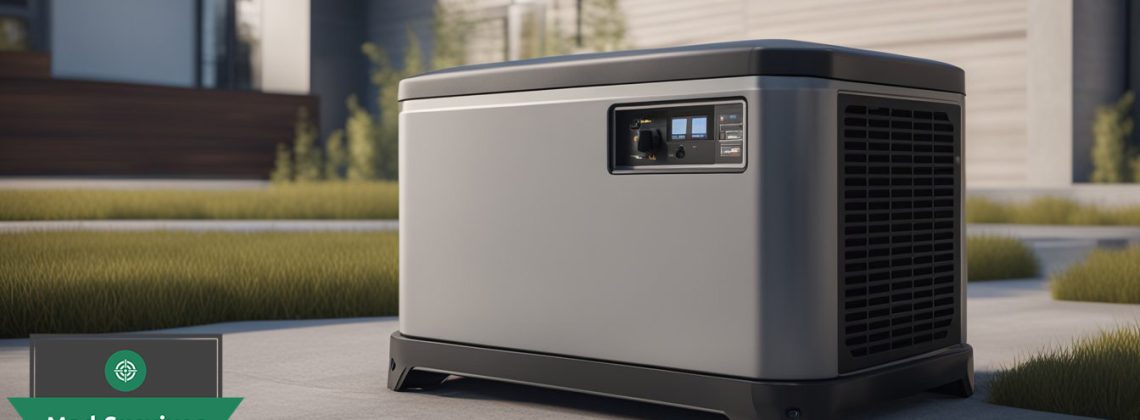
Are you a prepper looking to buy and own a generator? Whether you’re preparing for a natural disaster, power outage, or just want to be self-sufficient, a generator can be an essential tool in your prepper arsenal. But with so many different types and models on the market, it can be overwhelming to know where to start. In this article, we’ll provide you with some prepper tips for buying and owning a generator.
One of the first things you’ll want to consider when buying a generator is the type. There are several different types of generators, including portable, standby, and inverter generators. Each type has its own strengths and weaknesses, and the one that’s right for you will depend on your specific needs.
For example, if you’re looking for a generator that’s easy to move around and can power small appliances, a portable generator may be the best choice. On the other hand, if you want a generator that can power your entire home during an extended power outage, a standby generator may be a better option.
Another important factor to consider when buying a generator is the power output. You’ll want to make sure you choose a generator that has enough power to meet your needs. This will depend on the appliances and devices you plan to power with the generator.
It’s a good idea to make a list of the items you want to power and their wattage requirements, so you can choose a generator with the appropriate power output.
Understanding Generator Basics
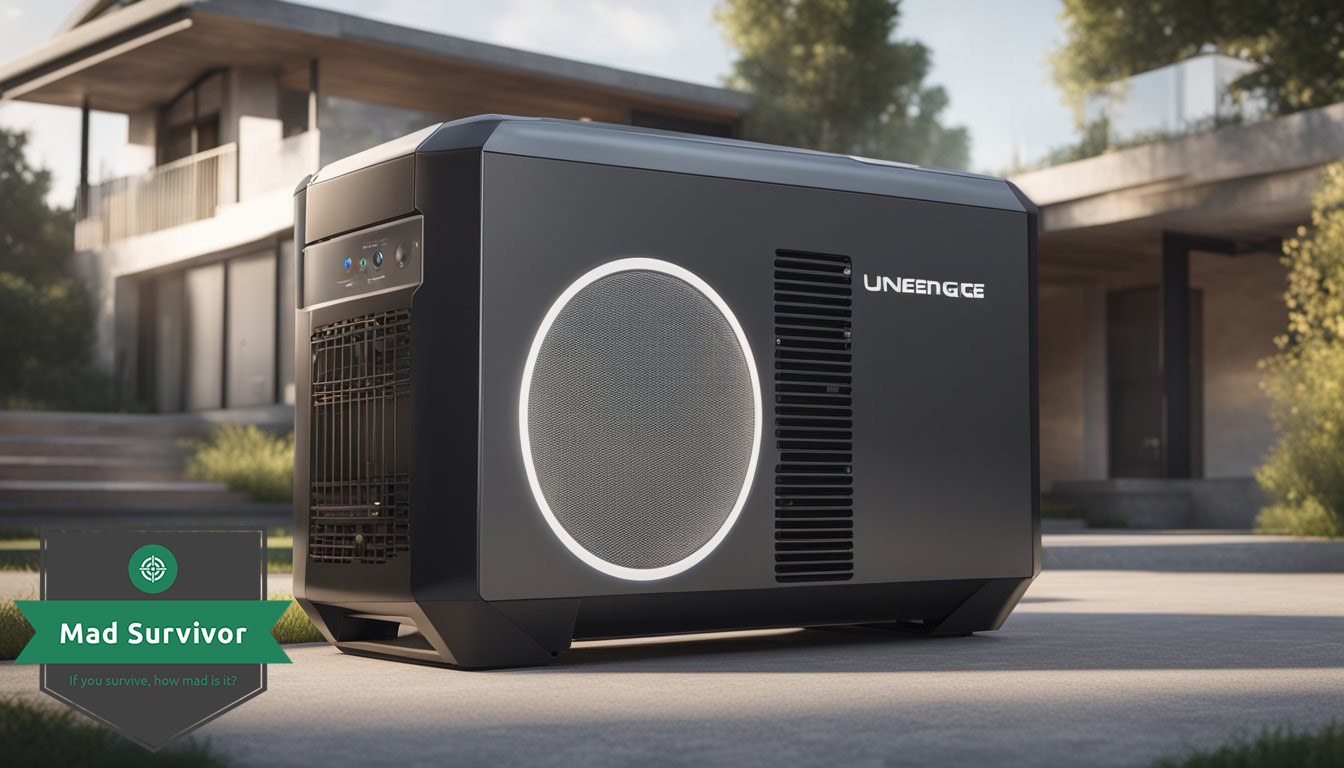
When it comes to buying and owning a generator, there are a few basic concepts you should understand to make an informed decision. This section covers the different types of generators, power output and capacity, and fuel types and efficiency.
Types of Generators
Generators come in various types, each with its own advantages and disadvantages. The most common types are:
- Portable generators: These generators are versatile and easy to move around. They are ideal for powering small appliances, tools, and electronics during power outages or outdoor activities.
- Inverter generators: These generators are more fuel-efficient and produce cleaner power than portable generators. They are also quieter and more compact, making them ideal for camping and other outdoor activities.
- Standby generators: These generators are permanently installed and connected to your home’s electrical system. They are designed to automatically turn on when the power goes out and can power your entire home or just essential appliances.
- Solar generators: These generators use solar panels to convert sunlight into electricity. They are ideal for off-grid living and camping.
Power Output and Capacity
The power output and capacity of a generator determine how much electricity it can produce and how long it can run. The power output is measured in watts, and the capacity is measured in kilowatts (kW).
You should choose a generator with enough power output and capacity to meet your needs.
To determine your power needs, make a list of all the appliances and devices you want to power during an outage. Then, add up their wattage requirements and choose a generator with a power output that exceeds that number.
Fuel Types and Efficiency
Generators can run on various types of fuel, including gasoline, diesel, natural gas, and propane. Each fuel type has its own advantages and disadvantages in terms of cost, availability, and efficiency.
Gasoline is the most common fuel for portable generators, but it is also the least efficient and has a short shelf life. Diesel is more efficient and has a longer shelf life, but it is also more expensive.
Natural gas and propane are cleaner-burning and more efficient than gasoline and diesel, but they require a dedicated fuel line and storage tank.
Assessing Your Power Needs
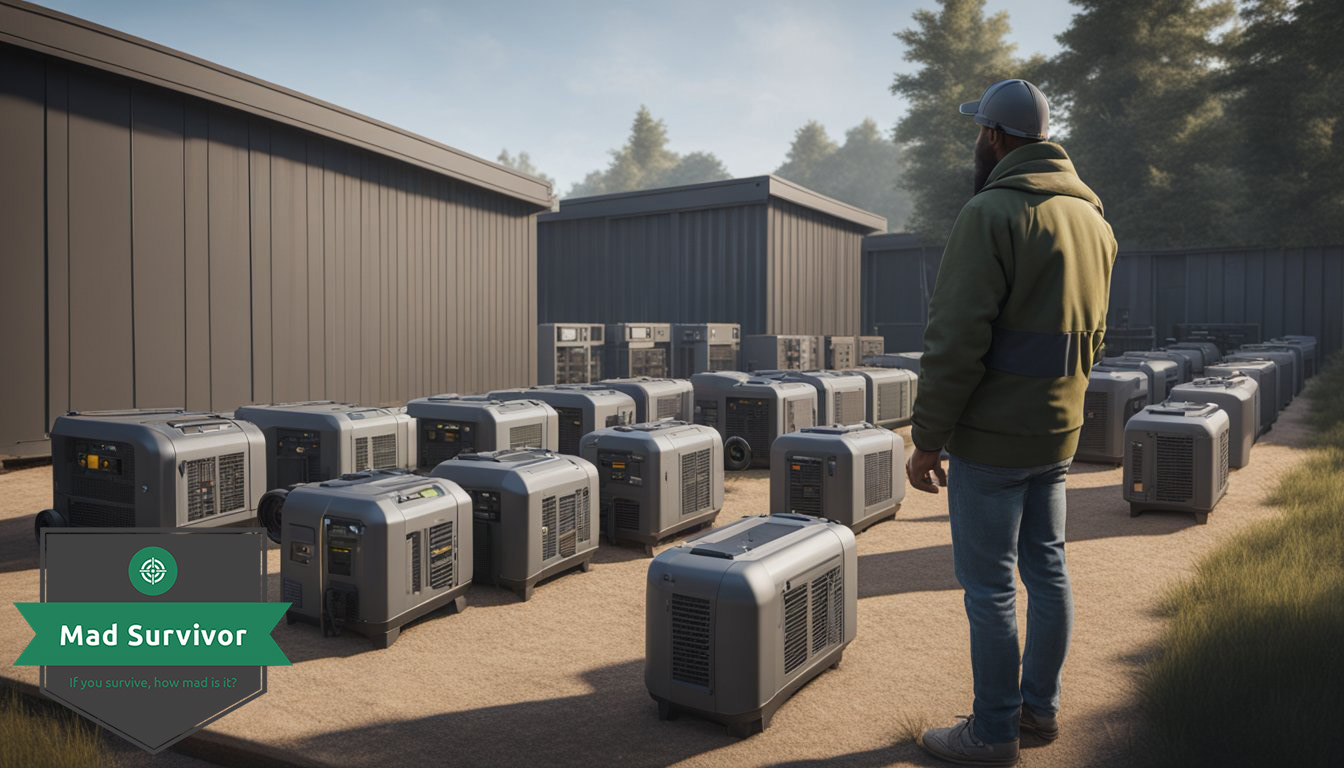
When it comes to buying a generator, it’s important to assess your power needs to ensure that you purchase a generator that will meet all of your needs. In this section, we’ll cover two important aspects of assessing your power needs: calculating your energy requirements and determining your essential appliances.
Calculating Energy Requirements
Calculating your energy requirements is the first step to determining the size of the generator you’ll need. To do this, you’ll need to determine the total wattage of the appliances and electronics that you want to power during an outage.
You can find the wattage of most appliances and electronics on their labels or in their manuals. Once you have the wattage for each item, add them up to determine your total energy requirements.
It’s important to note that some appliances, such as refrigerators and air conditioners, require more power to start up than to run, so you’ll need to factor in this additional power surge when calculating your energy requirements.
Determining Essential Appliances
Once you’ve calculated your energy requirements, you’ll need to determine which appliances and electronics are essential during an outage. This will help you prioritize which items to power first and ensure that you purchase a generator that can handle your essential needs.
Some common essential appliances include:
- Refrigerator/freezer
- Sump pump
- Medical equipment (if applicable)
- Lights
- Communication devices (e.g. cell phone charger)
- Heating/cooling equipment (depending on the season)
Budgeting for a Generator

When it comes to prepping, having a generator is an essential part of your emergency preparedness plan. However, buying and owning a generator can be expensive, and it’s important to budget accordingly. Here are some tips to help you budget for a generator.
Cost Comparison of Models
The cost of a generator can vary depending on the size, type, and features. Before buying a generator, it’s important to do your research and compare prices.
Look for generators that meet your needs and budget. You can find generators for as little as a few hundred dollars, but more powerful models can cost thousands of dollars.
When comparing prices, consider the long-term costs of owning a generator. Cheaper models may require more maintenance and fuel, which can add up over time.
More expensive models may have better fuel efficiency and require less maintenance, which can save you money in the long run.
Long-Term Expenses
In addition to the initial cost of the generator, there are other long-term expenses to consider. These include fuel costs, maintenance costs, and any repairs that may be needed.
Fuel costs can vary depending on the type of generator you have. Gasoline-powered generators are common and easy to find, but they can be expensive to run. Propane-powered generators are another option and can be more cost-effective in the long run.
Maintenance costs can also add up over time.
It’s important to keep your generator in good working condition to ensure it will be ready when you need it. Regular maintenance includes things like oil changes, filter replacements, and spark plug replacements.
Finally, repairs may be needed if your generator breaks down or malfunctions. It’s important to have a plan in place for repairs and to budget for any unexpected expenses.
Selecting the Right Generator

When it comes to selecting the right generator for your prepping needs, there are several factors to consider. Here are some important features to look for, as well as some tips on brand reliability, noise levels, and portability.
Features to Look For
Before purchasing a generator, you should consider what you need it for. Will you be using it for camping or outdoor activities, or do you need it as a backup power source for your home? Here are some features to look for when selecting a generator:
- Wattage: The wattage of a generator will determine what appliances and devices you can power with it. Make sure to select a generator with enough wattage to power the items you need.
- Fuel type: Generators can run on gasoline, propane, or diesel fuel. Consider which fuel type is most readily available in your area.
- Run time: The run time of a generator will determine how long it can run on a single tank of fuel. Look for a generator with a long run time if you need it for extended periods of time.
- Outlets: Make sure the generator you select has enough outlets to power all of your devices.
- Automatic shut-off: An automatic shut-off feature will turn off the generator if it detects low oil levels, preventing damage to the engine.
Brand Reliability and Reviews
When selecting a generator, it’s important to consider the brand’s reliability and reviews. Look for brands with a good reputation for producing quality generators that last.
Check online reviews to see what other preppers have to say about the brand and model you are considering.
Noise Levels and Portability
Generators can be noisy, so consider the noise level of the generator you select. Look for generators with a noise level of 60 decibels or less, which is about the same as a normal conversation.
Also, consider the portability of the generator. Look for models that are lightweight and easy to move, especially if you plan on using it for outdoor activities.
Safety Considerations
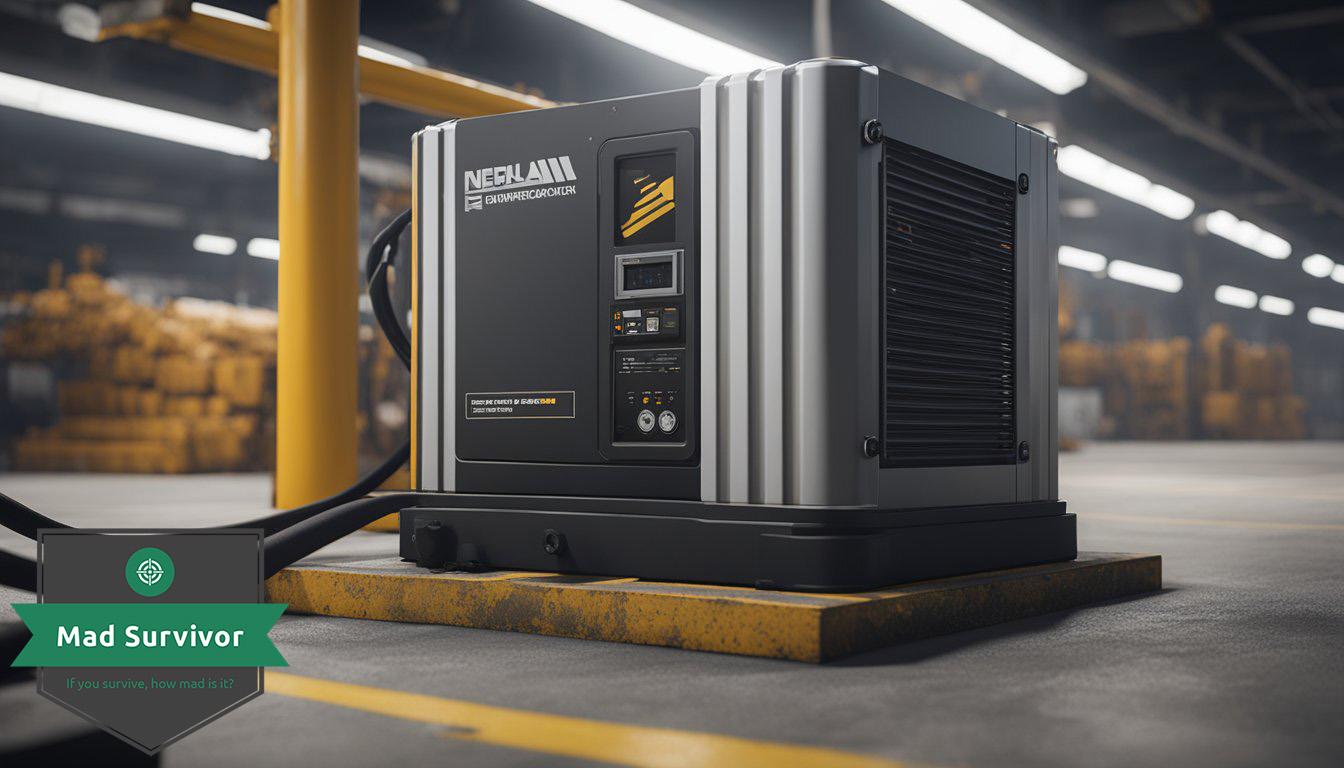
When it comes to owning a generator, safety should always be your top priority. Here are some important safety considerations to keep in mind:
Proper Installation
Proper installation is crucial to ensure safe and efficient operation of your generator. If you’re not familiar with electrical wiring, it’s best to have a professional electrician install your generator for you.
Make sure your generator is installed in a well-ventilated area and is grounded properly to prevent electrical shock.
Ventilation and Carbon Monoxide Risks
Generators produce carbon monoxide, which is a colorless and odorless gas that can be deadly if inhaled in large quantities. To prevent carbon monoxide poisoning, always operate your generator in a well-ventilated area, at least 20 feet away from your home. Never operate a generator indoors or in an enclosed space, such as a garage or basement. Install carbon monoxide detectors in your home to alert you of any dangerous levels of carbon monoxide.
Electrical Safety Tips
Here are some electrical safety tips to keep in mind when operating your generator:
- Always use grounded extension cords that are rated for outdoor use.
- Never overload your generator. Make sure you know the wattage of the appliances you’re planning on running and make sure your generator can handle the load.
- Do not connect your generator directly to your home’s electrical system. This can cause backfeeding, which can be dangerous for utility workers and damage your generator.
- If you need to refuel your generator, turn it off and let it cool down before adding fuel. Spilled fuel can ignite on a hot generator and cause a fire.
Maintenance and Upkeep
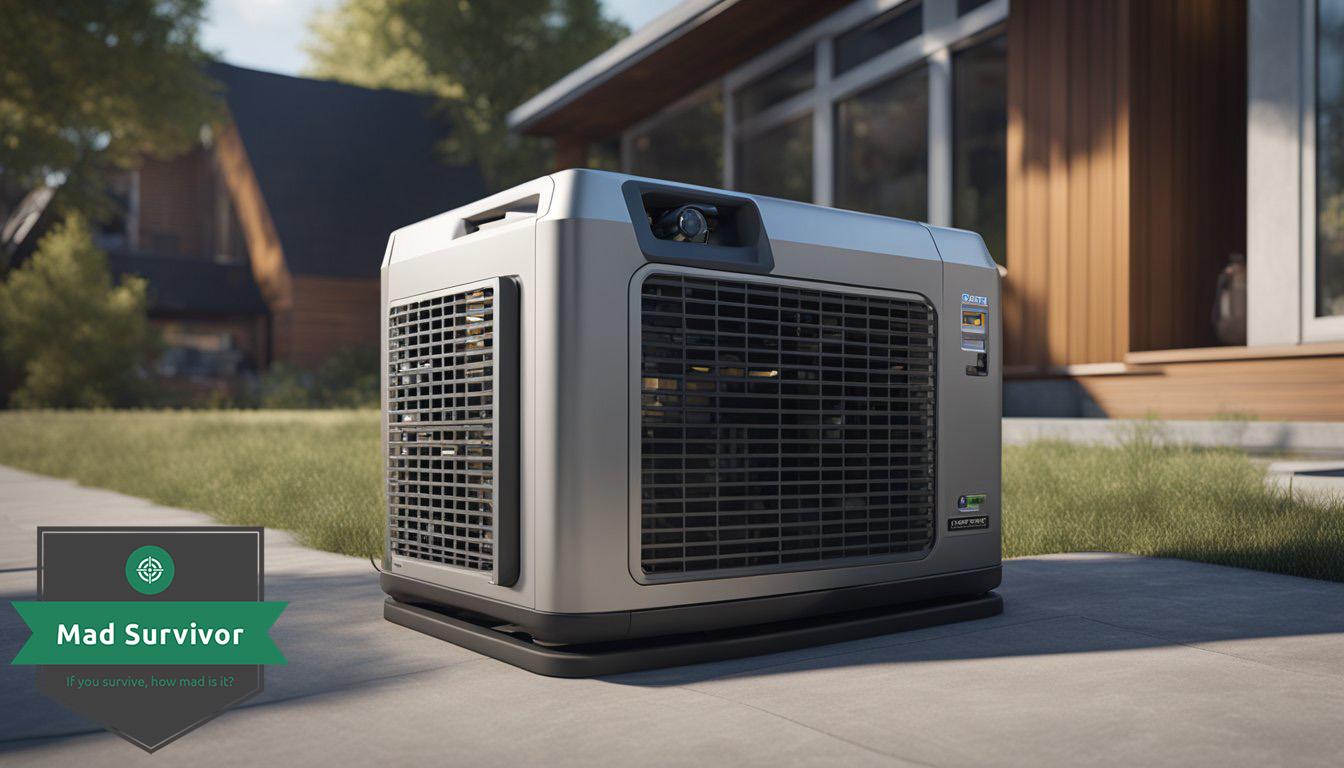
Routine Checks and Cleaning
To ensure that your generator is always in good working condition, it’s important to perform routine checks and cleaning. This will help you catch any issues early on and prevent them from becoming bigger problems. Here are some routine checks and cleaning tasks you should perform regularly:
- Check and change the oil: Your generator’s engine oil should be checked and changed regularly. Check the oil level before each use and change the oil every 50-100 hours of use or at least once a year.
- Inspect the air filter: The air filter should be checked and cleaned or replaced if necessary. A dirty air filter can cause the engine to run poorly or not start at all.
- Check the spark plug: The spark plug should be checked and replaced if necessary. A worn or fouled spark plug can cause the engine to misfire or not start at all.
- Clean the generator: Keeping your generator clean will help prevent dirt and debris from getting into the engine and causing damage. Use a damp cloth to wipe down the exterior of the generator and remove any dirt or debris.
Troubleshooting Common Issues
Even with regular maintenance, your generator may still experience some issues. Here are some common issues and how to troubleshoot them:
- Generator won’t start: Check the fuel level, spark plug, and air filter. If any of these are dirty or worn, replace them. Also, make sure the generator is properly grounded and that the circuit breaker is not tripped.
- Generator runs poorly: Check the air filter and spark plug. If they are dirty or worn, clean or replace them. Also, check the fuel level and make sure the carburetor is clean.
- Generator shuts off during use: Check the oil level and make sure it’s not low. Also, check the fuel level and make sure the carburetor is clean. If the generator is overloaded, reduce the load.
Preparedness and Storage
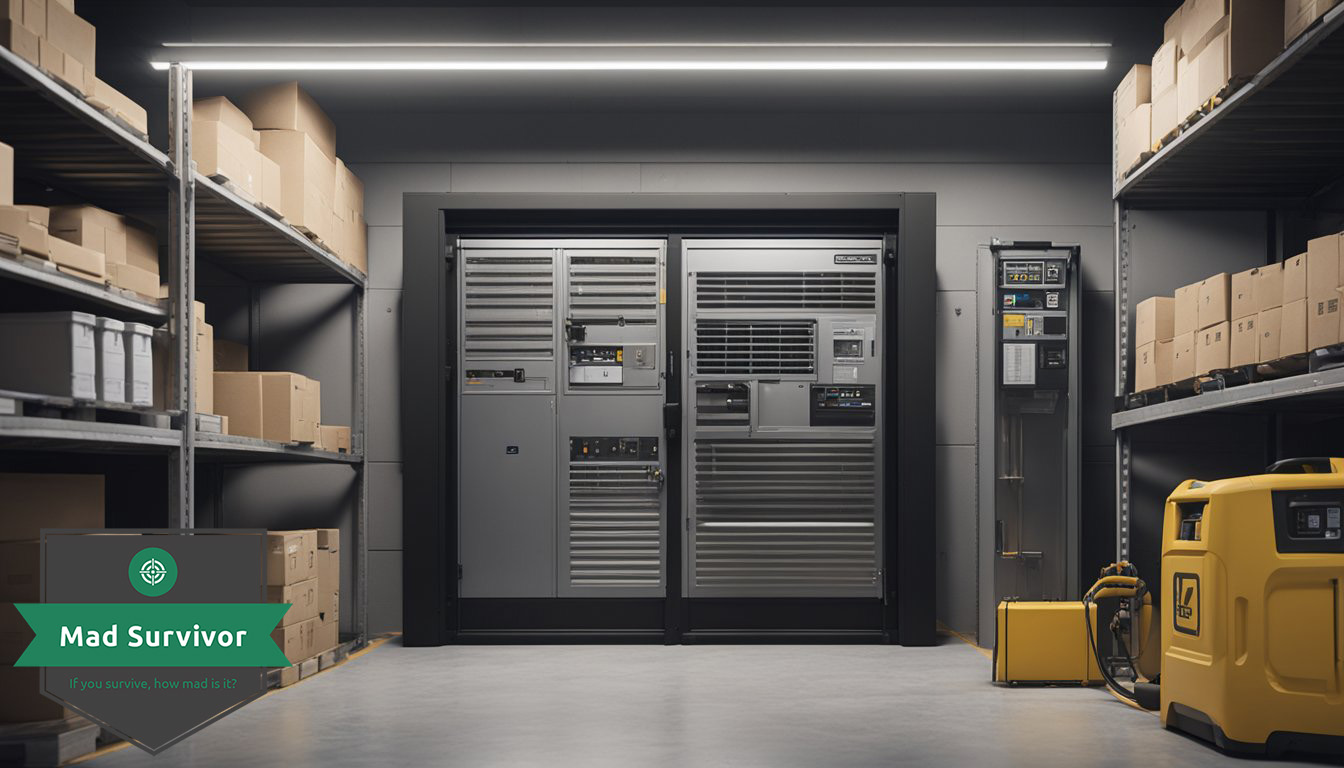
Safe Storage Practices
When it comes to storing your generator, safety should be your top priority. You should always keep your generator in a well-ventilated area, away from combustible materials. It’s also important to keep your generator dry and away from any sources of moisture. If you’re storing your generator for an extended period of time, you may want to consider adding a fuel stabilizer to the gas tank to prevent the fuel from breaking down and causing damage to the generator.
Emergency Preparedness Tips
In addition to safe storage practices, it’s important to be prepared for emergencies. One of the most important things you can do is to have a backup plan in case of a power outage. This may include having a supply of extra fuel on hand, as well as backup batteries for any electronic devices you may need to use. It’s also a good idea to have a basic understanding of how your generator works, so you can troubleshoot any issues that may arise.
If you’re planning to use your generator for an extended period of time, you may want to consider investing in a transfer switch. This will allow you to connect your generator directly to your home’s electrical system, so you can power your entire home without having to run extension cords all over the place.
Frequently Asked Questions
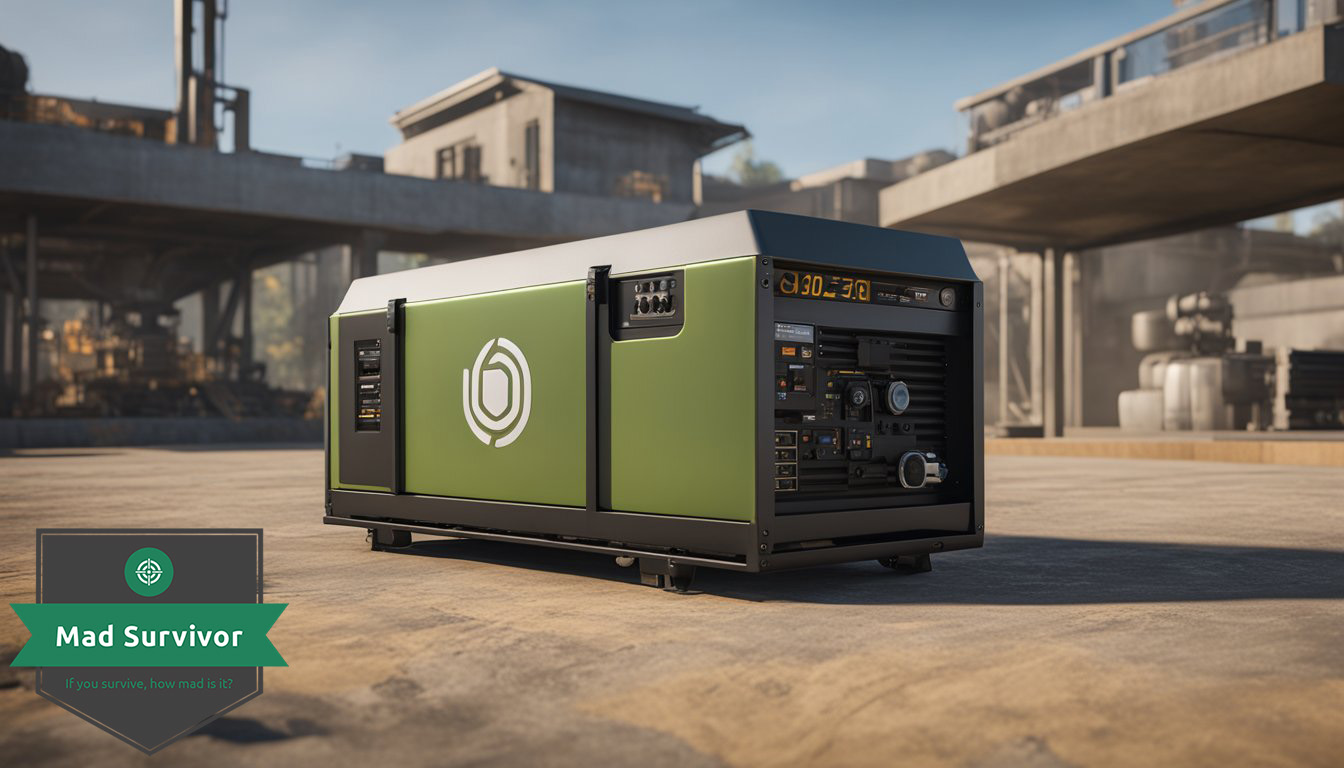
What should I look for when choosing a generator for emergency preparedness?
When choosing a generator for emergency preparedness, you should consider the fuel type, wattage, and runtime. You should also look for a generator that is portable, durable, and easy to use. It’s important to choose a generator that is reliable and has a good reputation for performance.
How do I determine the right size generator for my home backup needs?
To determine the right size generator for your home backup needs, you should calculate the total wattage of the appliances and devices you want to power during an outage. You can do this by checking the labels on each device or using an online calculator. Once you have the total wattage, choose a generator that can produce at least that amount of power.
Are solar generators effective for home power backup in a disaster?
Solar generators can be effective for home power backup in a disaster, but they have some limitations. They rely on sunlight to produce power, so they may not be as effective during cloudy or rainy weather. They also have lower wattage output than traditional generators, so they may not be able to power larger appliances or devices.
What are the pros and cons of propane versus diesel generators?
Propane generators are cleaner and more efficient than diesel generators, but they may have a shorter lifespan and require more maintenance. Diesel generators are more durable and have a longer lifespan, but they are louder and produce more emissions. The choice between propane and diesel generators ultimately depends on your specific needs and preferences.
Can portable power stations like Jackery replace traditional generators for preppers?
Portable power stations like Jackery can be a good alternative to traditional generators for preppers, but they have some limitations. They have lower wattage output and shorter runtimes than traditional generators, so they may not be able to power larger appliances or devices for extended periods of time. They also rely on rechargeable batteries, so they may not be as reliable during long-term power outages.
Is an inverter generator better for sensitive electronics during a power outage?
Yes, an inverter generator is better for sensitive electronics during a power outage because it produces cleaner and more stable power. Inverter generators also have lower noise levels and are more fuel-efficient than traditional generators. However, they may be more expensive and have lower wattage output.

Leave a Reply